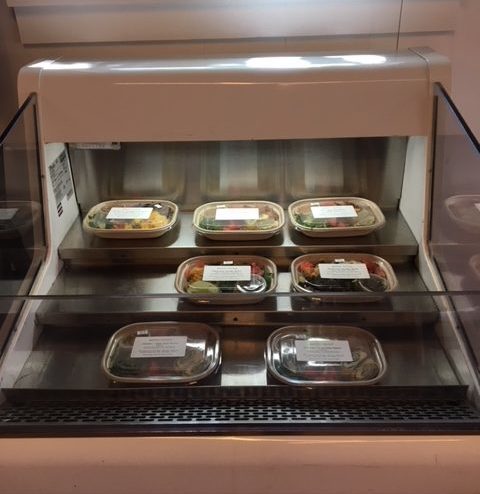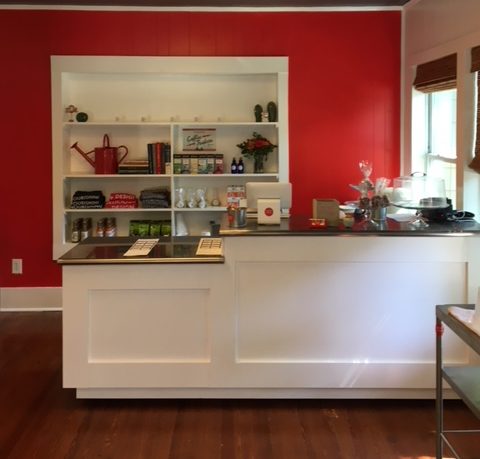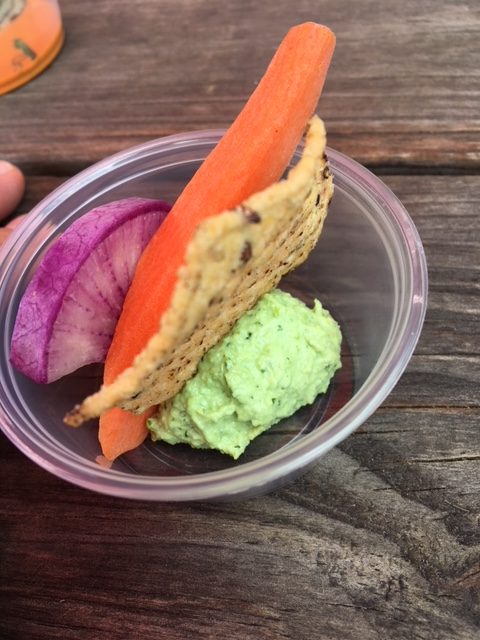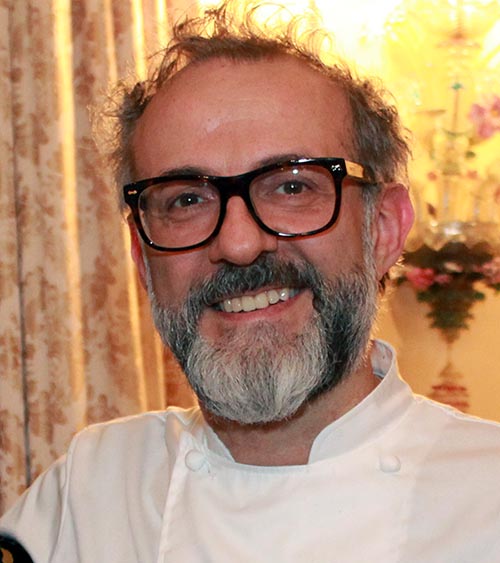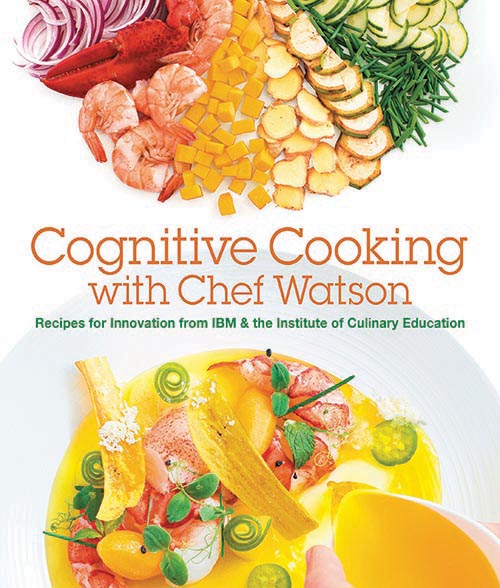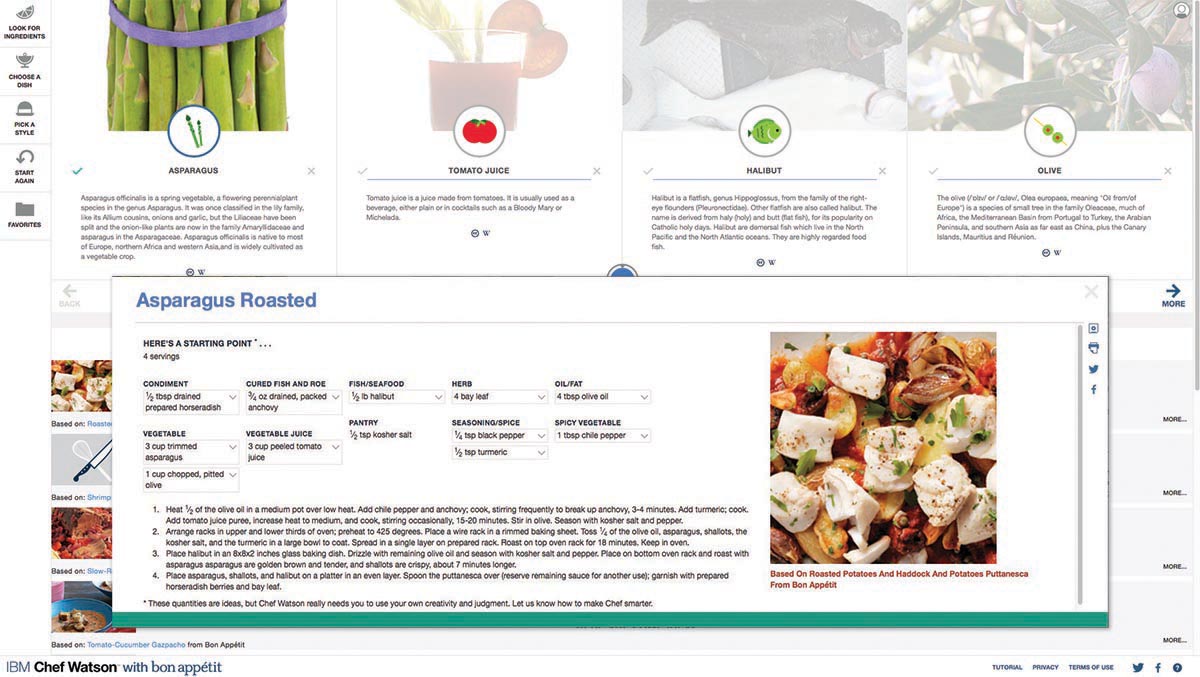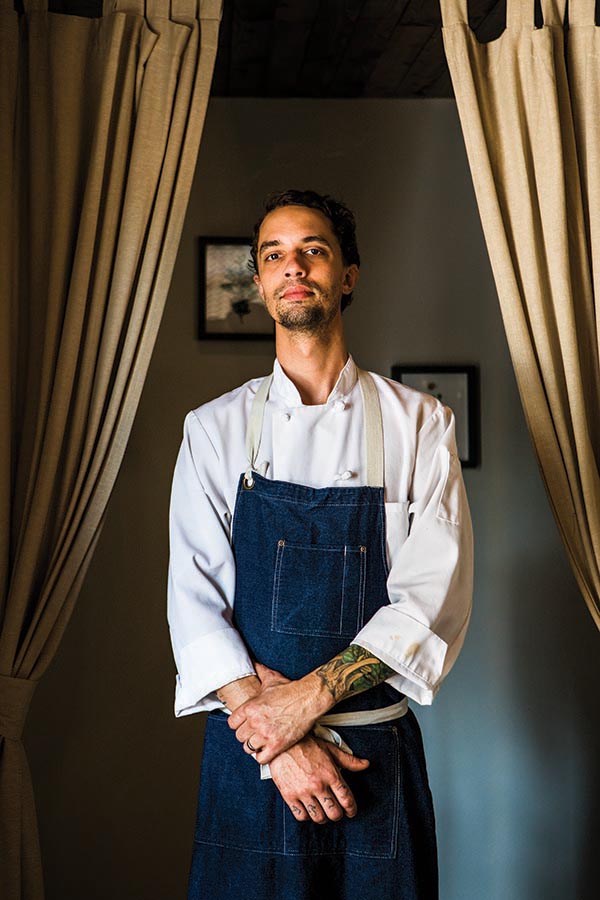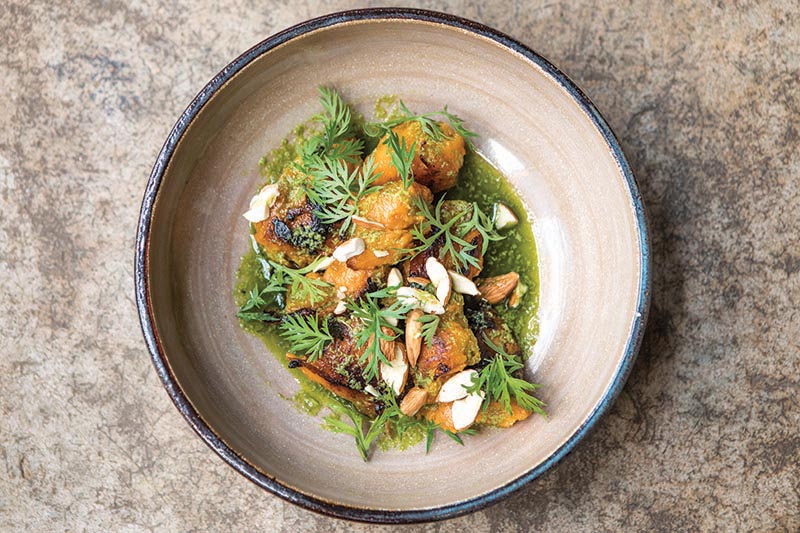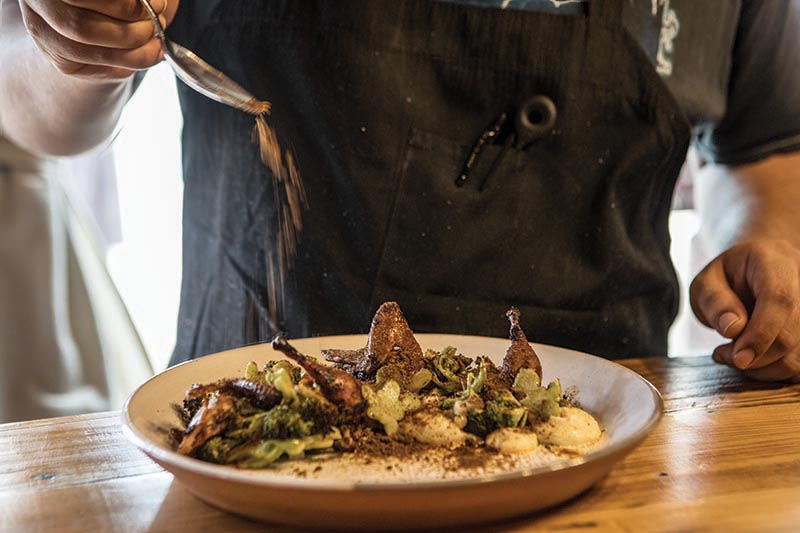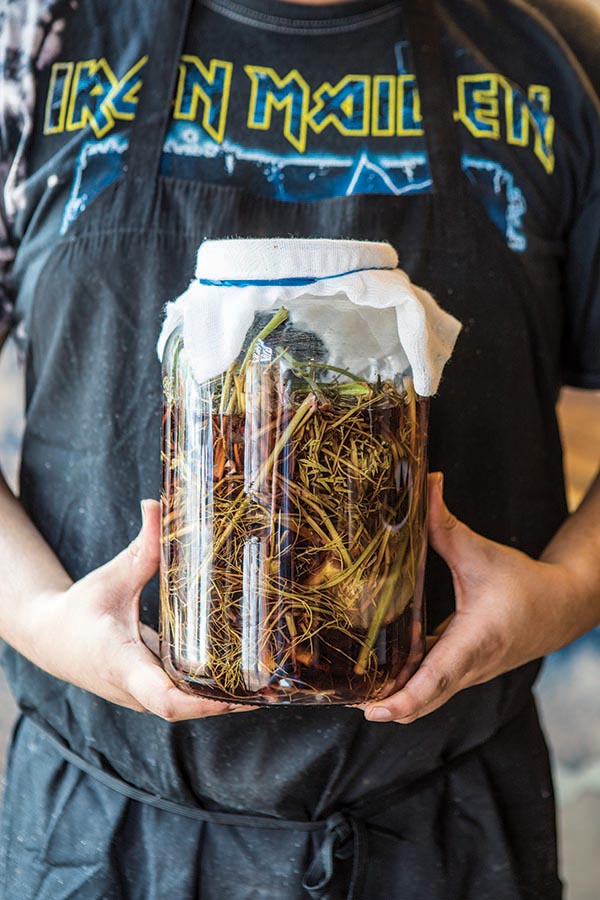
Startup Spotlight: Bento Picnic
It’s not easy or cheap to open a restaurant in a growing city, and entrepreneurs are coming up with creative ways to realize their dreams of a traditional storefront restaurant. We caught up with Leanne Valenti, founder of 2016 Food+City Challenge Prize participant Bento Picnic to find out how she did it.
Leanne Valenti, founder of Bento Picnic, learned her craft from a master. Just after graduating from the Natural Epicurean culinary school in 2011, a close friend offered Valenti an opportunity she couldn’t pass up to move to Tokyo, live with her family and learn traditional Japanese cooking from everyone’s favorite chef: Mom.
During her time in Japan, Valenti became enthralled by the beautiful and healthy style of Japanese cuisine. She was particularly inspired by the bento box lunches that, according to a recent study, nearly half of the population of Japan eats each day. Seeing potential to serve delicious and healthy food to an increasingly on-the-go American market, she set a goal to provide healthy food at affordable prices.
“When I founded Bento Picnic in 2015, I did not have a storefront or a distribution plan,” she says. Undaunted, she dove right in, seeking opportunities to sell her products whenever possible. In addition to catering, she sold bentos at farmers markets and had pop-up shops, including one in a kids activity center and one in a rock-climbing gym that remains operational today. But she gained the most momentum from businesses who brought in lunches for their employees. With their compartmental style, Bento Boxes can be easily customized to fit many dietary preferences — which makes it easy for customer to order from one restaurant and please omnivores, vegans, vegetarians and gluten-free folks.
After a year of doing business in a variety of settings, she knew she had a product that people loved. Her challenge was finding “the best way to expand my footprint beyond farmers markets, pop-up pushcarts and catering.”
Prompted by a mentor, Valenti entered Bento Picnic into the Food+City Challenge Prize in 2016. She points to the competition as a time when she really started thinking more critically about how to grow and scale her business.
“One piece of advice I received from a Food + City judge stuck with me, and it proved to be true,” she recalls. “He said that it is very difficult to bring a new product to market AND develop a new method of coming to market concurrently. Since I am first to market with homestyle (as opposed to sushi-restaurant-style) bento boxes in Austin, he suggested that I would have more luck if I could come to market in a more traditional way, like a storefront.” Good advice, but easier said than done.
Opening a restaurant in Austin is tricky business. Despite the city’s reputation as a destination for foodies, more than 70 restaurants and food trucks closed in 2017 alone. Meanwhile Austin’s growing population continues to drive up real estate prices for retail and residential properties. The competition from large restaurant groups and corporate chains is also increasing, and the actual number of viable restaurant properties is limited.
Because of this, many entrepreneurs start small, channeling their dreams of would-be restaurants into food trucks, food carts, pop-up stores, catering operations run from commercial kitchens and farmer’s market businesses. Their goal is to build momentum and secure enough capital and customers to scale up and enter the brick-and-mortar scene. It’s a model that has proved successful for some Austin’s restaurants, including places like Franklin Barbecue and Veracruz All Natural, which started as food trucks.
“The two main things that kept me from launching a storefront from day one were the upfront capital investment required and the difficulty of acquiring a second-generation restaurant space in Austin,” Valenti says.
Focusing instead on catering and a pop-up kiosk model, Bento Picnic achieved slow but steady growth in 2016 and 2017. Renting a kitchen space in the back of a marketing firm’s office was a good way to keep overhead down and establish a customer base for its catering, pick-up and delivery business.
By the end of 2017, growing demand offered an opportunity to expand. That’s when a bit of serendipity occurred. When the marketing business decided it was time to move on, Valenti says she jumped at the opportunity to buy the place and open a bento shop storefront.
“We felt really lucky that the space became available, and it was too perfect to pass up,” she says.
The move is paying off. “So far, it has been a good move, with Bento Picnic seeing a noticeable increase in brand awareness, catering sales up 60 percent and the daily lunch business exceeding the sales that used to occur in a full week,” Valenti says.
While the jump to a brick-and-mortar establishment is never easy, most entrepreneurs know there’s a leap of faith that goes along with getting bigger. And for some, unlimited faith in their growing business comes naturally.
Valenti says she’s considered taking one of her original creations, “guacamame” (edamame guacamole), to market as a consumer-packaged-good (CPG) product. And having opened a storefront in the ultra-competitive Austin market, opening in other cities now seems achievable.
“Now that I’ve honed my business model and launched my brick-and-mortar space, I’m looking to expand Bento Picnic’s presence statewide,” Valenti says. It seems the scaling never ends for food startups.
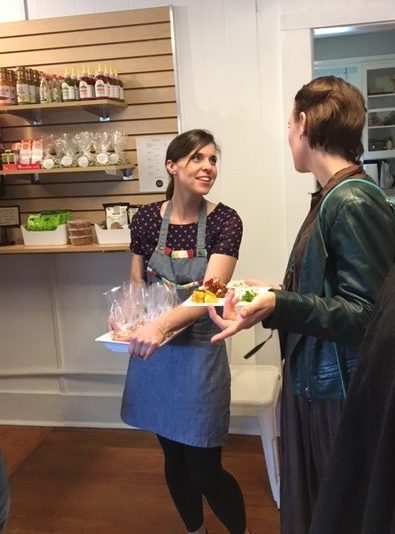
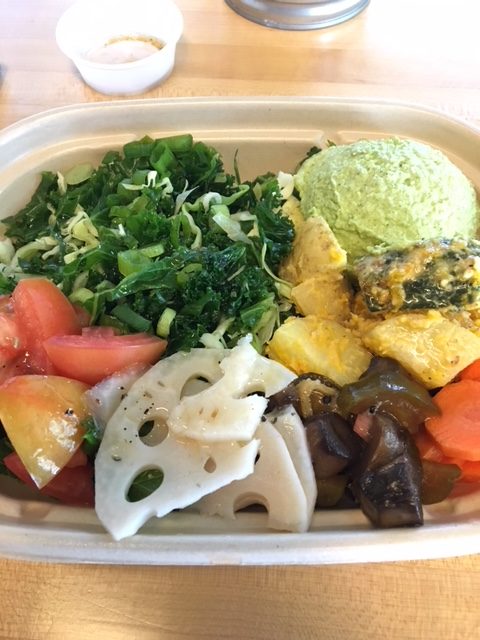
 Watch the recap video of the 2016 Food+City Challenge Prize featuring Bento Picnic as a finalist.
Watch the recap video of the 2016 Food+City Challenge Prize featuring Bento Picnic as a finalist.